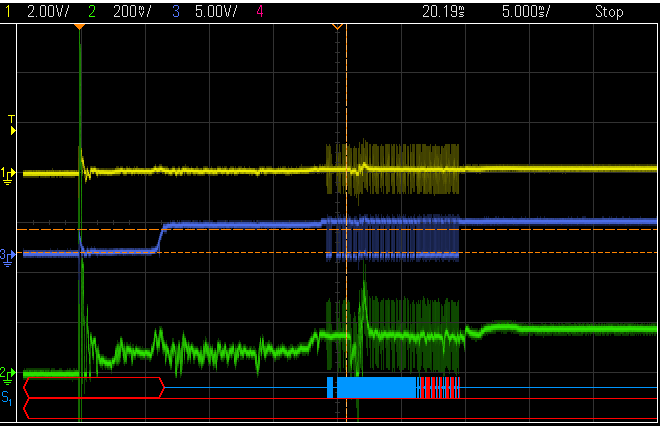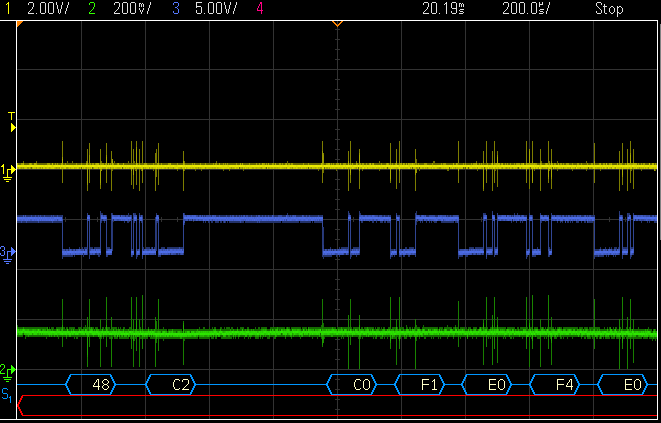I have noticed that when I power up the IWR1443 board, there is some UART communication that occurs before the micro starts. Specifically, the IDE is in the debug mode and debug firmware is loaded into the IWR1443 board, but before the target configuration is launched in the IDE. When power is applied to the board, the UART associated with the data port (IWR1443 Pin R5) sends out about 10 ms of data at what appears to be 57.6 kb/s.
Where is this data coming from in the code?
What is the purpose?
Can it be removed from the debug build?
Will it occur in a production build of firmware?
Best regards,
Alan



